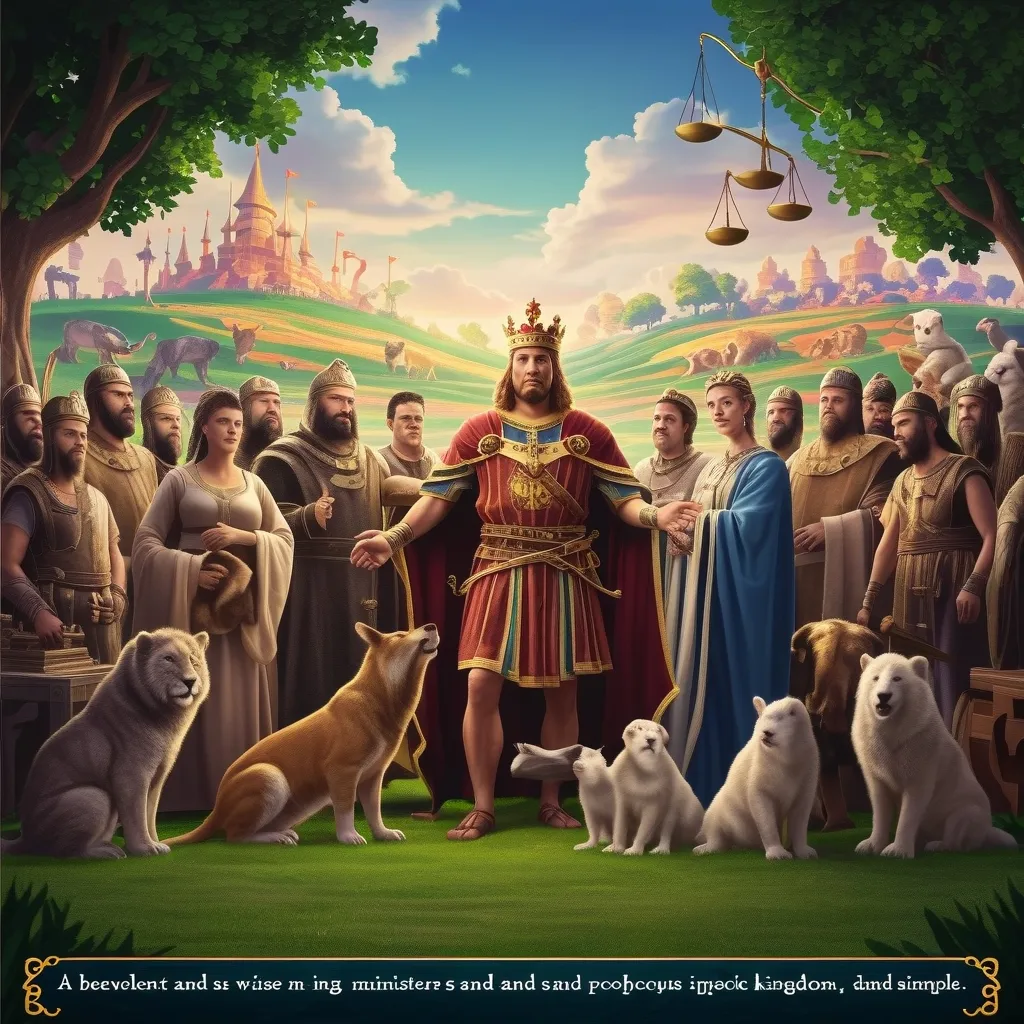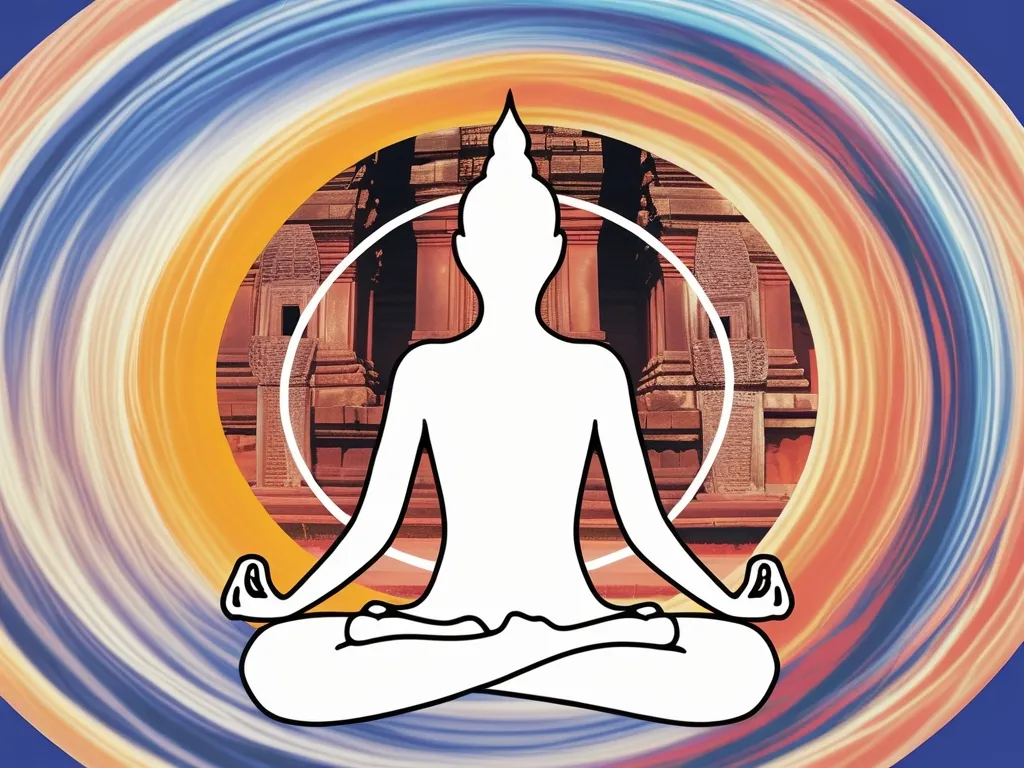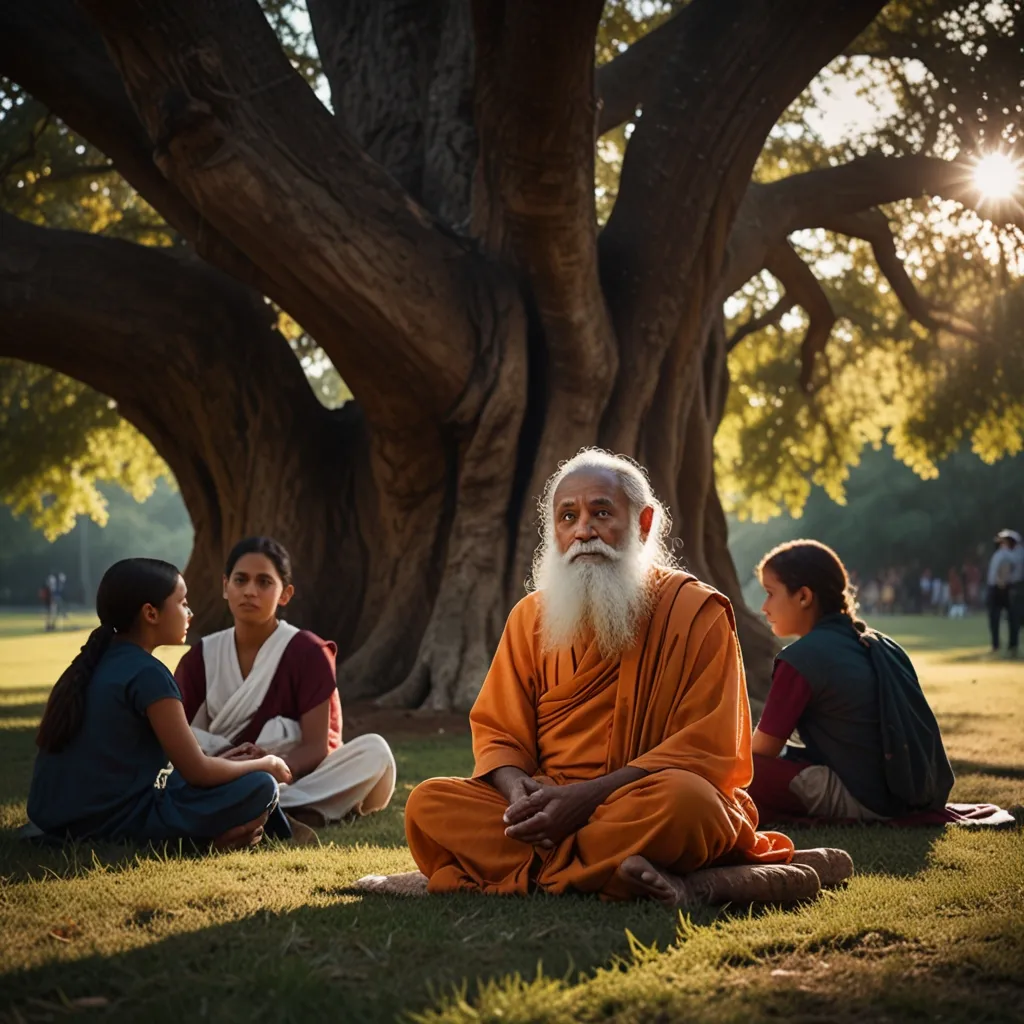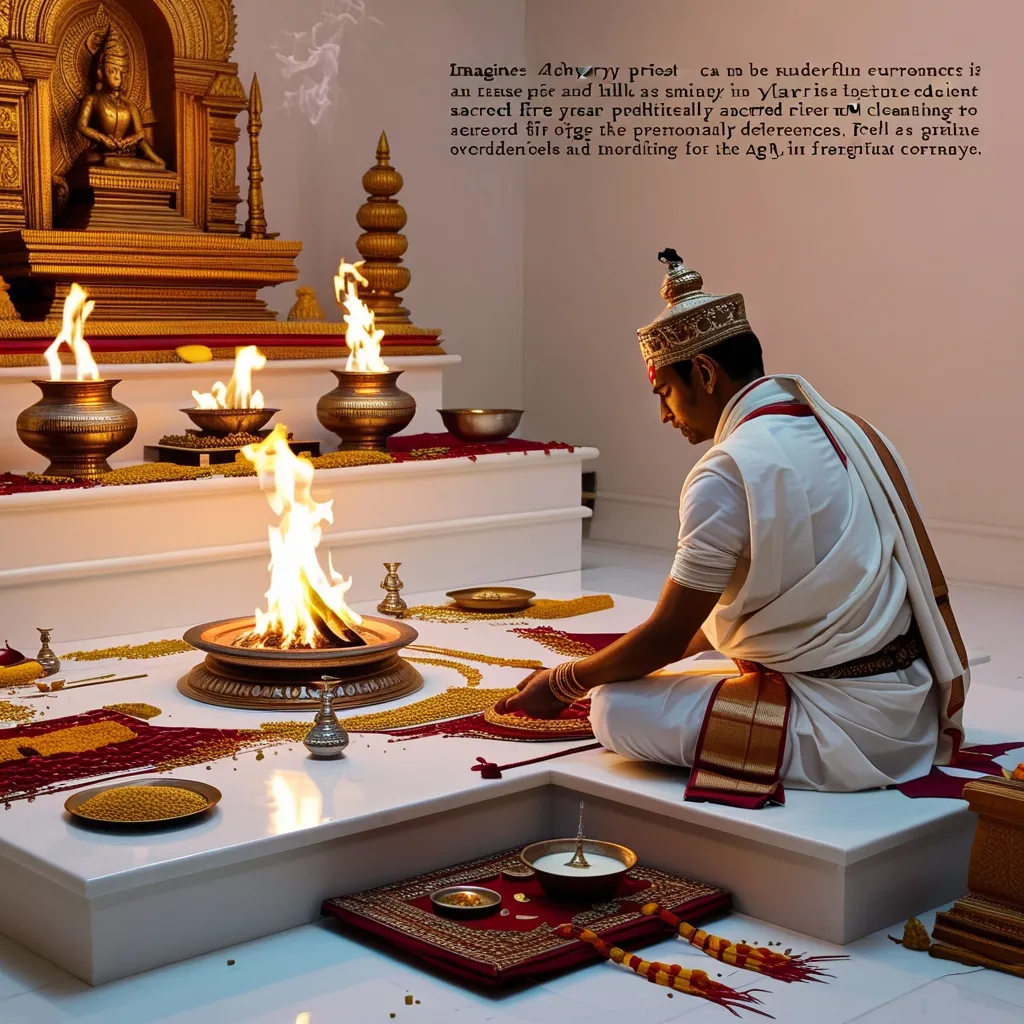In the vast and colorful world of Hindu scriptures, there’s a principle that shines brightly when it comes to governance and leadership: Rajadharma. This ancient model of rule, rooted deep in the Vedic traditions, isn’t just a list of do’s and don’ts for a king. It’s a holistic approach, a way of life, that emphasizes the well-being and protection of all subjects under the rule of the king.
At its heart, Rajadharma is about the king’s duty to his people. This isn’t just about sitting on a throne and basking in power and wealth. No, it’s about using that power and wealth wisely and justly, for the benefit of the kingdom. A king’s happiness is intertwined with the happiness of his subjects; their welfare is his primary responsibility.
One of the king’s main jobs under Rajadharma is praja raksha, which means protecting his people. But this protection isn’t limited to humans. Every creature within the kingdom’s boundaries falls under the king’s care. The king has to be ready to face any challenge, even if it means putting his life on the line to ensure the safety and well-being of his subjects.
When it comes to running the kingdom, the king isn’t just an overlord. He has to maintain order, ensure justice, and be accountable for his actions. Dharma, or righteousness, should guide his decisions. After the king’s coronation, his freedom to do as he pleases ends; from that moment on, his life is dedicated to upholding Dharma.
Money matters too. Collecting taxes is part of the job, but it has to be done reasonably. The subjects shouldn’t feel overburdened. The king must use the revenues collected for the welfare of the people and protect the treasury with vigilance. Financial prudence is key to a stable and prosperous kingdom.
Then there are military responsibilities. The king must be a solid military leader. Protecting the kingdom from external threats is crucial, and for this, the king must ensure his armies are well-equipped and well-led. Appointing a competent Senadipathi (Commander-in-Chief) is essential. The king should take a keen interest in military affairs and ensure that his generals are both loyal and capable.
Justice, of course, lies at the heart of Rajadharma. Serving justice to all citizens is crucial. This includes punishing the guilty and protecting the innocent. While punishment (danda) is sometimes necessary, it must always be fair and just. A king who fails to uphold justice risks social unrest and disorder.
A wise king doesn’t act alone. Seeking advice from a council of ministers and purohits (royal priests) is vital. These advisors guide the king to make decisions in line with Dharma. Appointing ministers and officials based on their qualifications and character ensures every individual in the administration is fit for their role.
For maintaining order and security, spies and secret agents are indispensable. These individuals provide crucial information about potential threats and help the king make informed decisions. However, such information must be handled with care, and only trustworthy individuals should access it.
During adverse times, the king’s duties become even more critical. Strategies must be crafted thoughtfully, balancing the advice of the royal court, customs, and the king’s conscience. The king’s ability to navigate through crises is key to the survival and prosperity of the kingdom. This often requires striking a balance between artha (material wealth) and Dharma for the state’s stability.
The king must embody certain personal qualities. He should be pure, knowledgeable, and just, avoiding any sinful activities. Serving justice without bias and living a life reflecting the principles of Dharma makes a king a role model for his subjects.
Good governance under Rajadharma significantly impacts the kingdom. It ensures the strength and development of the state and its people. The king’s commitment to his duties directly influences prosperity and progress, making his role pivotal in maintaining order and growth.
Throughout history, kings who adhered to Rajadharma have been celebrated for their wisdom and leadership. Figures like Rama and Ranjit Singh exemplified the principles of Rajadharma, ensuring the well-being and protection of their kingdoms and people.
But Rajadharma isn’t about adhering to a rigid set of rules. It’s a dynamic concept that adapts to the needs of the time, emphasizing accountability and the protection of the vulnerable. While obedience to the king is generally expected, it’s not absolute. There are times when disobedience is justified, especially if the king’s commands go against Dharma.
In its essence, Rajadharma is a comprehensive guide for rulers. It underscores the importance of protecting and serving the subjects, ensuring their well-being. Although ancient, these principles remain significant today, offering timeless insights into effective governance and leadership. By adhering to the tenets of Rajadharma, a ruler can create a just and prosperous society, where the happiness of the subjects measures the success of the ruler.






